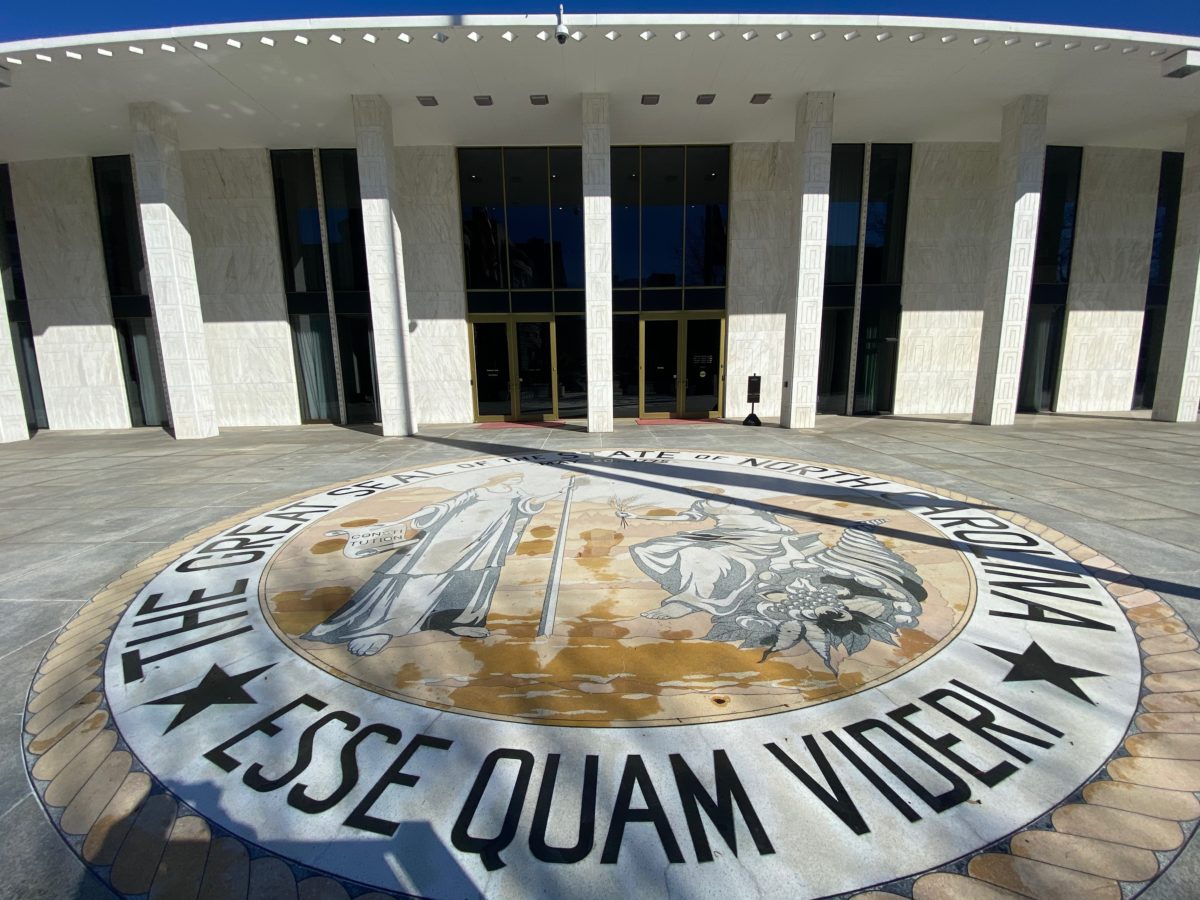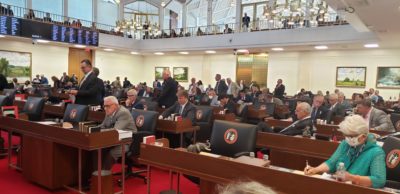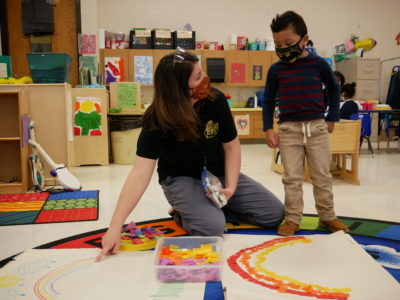
|
|
Gov. Roy Cooper signed a bill on Monday that includes performance measure waivers the State Board of Education has been seeking for months.
Unlike the 2019-2020 school year, North Carolina students had to take year-end tests during the 2020-2021 school year. Last spring, the federal government waived federal requirements that the state give letter grades to schools, issue school report cards, and identify low-performing schools. However, state statutes still require the State Board of Education to produce these performance measures.
The passage of Senate Bill 654 means the State Board doesn’t have to calculate these performance measures for the 2020-2021 academic year.
The State Board is scheduled to meet on Wednesday and Thursday of this week. At this meeting, the Board is expected to release test scores and certain measures from the previous school year.
School performance grades, growth indicators, and long-term goals to improve achievement gaps will not be reported. The state will still release N.C. Report Cards, but these report cards will not include school performance grades.
Along with these waivers, the bill includes several provisions for what will be the third school year impacted by COVID-19.
One of these provisions, which got added late in the process, is a requirement that local school boards re-evaluate and vote on mask policies at least once a month. According to a News & Observer analysis, 79% of North Carolina’s public school students are in a district that is requiring masks.
Regarding virtual instruction, the bill states that if a school is unable to open because of something like severe weather, they can have up to five days of virtual learning. A public school unit in a county that has received a good cause waiver can use up to 15 remote instruction days.
Schools that choose to do so have to submit a remote instruction plan to the State Board by July 1 each year.
Schools will also be able to shift to remote instruction due to COVID-19-related emergencies but are expected to return to in-person instruction as soon as they have the personnel to do so.
In addition to these remote instruction provisions, the bill also:
- Waives the CPR graduation requirement for students who graduated in the 2020-2021 school year.
- Extends the deadline for teachers to receive updated licensure.
- Requires that when a principal notifies a teacher that their EVAAS data has been updated, the principal must provide context on if the students in the data were taught by another teacher.
The bill changed a lot as it moved through the legislature. Originally focused on remote instruction and performance measures, the House attempted to add almost $360 million in federal money for education.
Rep. John Torbett, R-Gaston, said these funds ended up being removed from the compromise bill because they were instead included in the House’s budget proposal. Several of the bill’s other provisions were also included in the House’s budget proposal, including a provision that would have delayed the implementation of the social studies standards.





